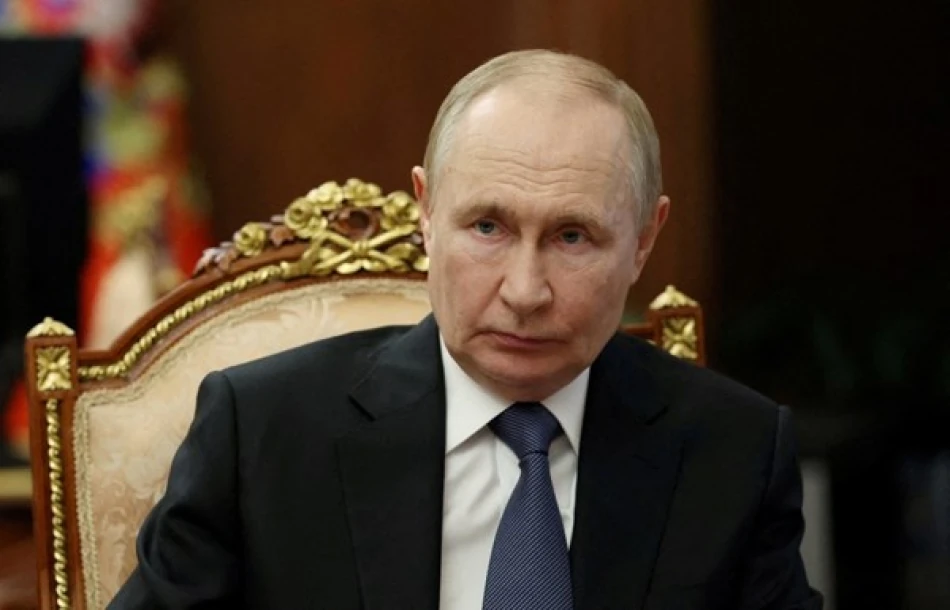
Putin Visits China for Shanghai Cooperation Organization Summit
Putin's Beijing Visit Signals Deepening China-Russia Alliance Amid Global Realignment
Russian President Vladimir Putin's four-day visit to China for a regional security summit marks another milestone in what Chinese state media describes as the "best bilateral relationship in history" between the two powers. The rare extended diplomatic engagement, taking place in the coastal city of Tianjin, underscores how Western sanctions and geopolitical tensions are accelerating the formation of alternative power blocs.
Strategic Partnership Reaches New Heights
Putin's arrival in Tianjin on Sunday for the Shanghai Cooperation Organization (SCO) summit represents more than routine diplomacy. Chinese Central Television emphasized that China-Russia relations have become "the most stable, mature, and strategically significant among major powers" – language that signals both countries view their partnership as a long-term counterweight to Western influence.
The timing is particularly significant. Russia's economy, battered by sanctions over Ukraine, has increasingly pivoted toward China as its largest trading partner. Meanwhile, China faces its own economic headwinds and growing tensions with the United States over technology, trade, and Taiwan.
Economic Implications Beyond Politics
This deepening alliance carries substantial implications for global markets and supply chains. Russia's vast energy resources combined with China's manufacturing capacity creates a formidable economic bloc that could reshape international trade patterns. For investors, this partnership signals potential opportunities in sectors like energy infrastructure, technology transfer, and alternative payment systems that bypass Western financial networks.
The relationship also accelerates de-dollarization trends, as both nations have been actively reducing their reliance on the U.S. dollar in bilateral trade. This shift could influence currency markets and force other emerging economies to reconsider their own dollar dependencies.
Broader Regional Dynamics at Play
The SCO summit, hosting around 20 world leaders including Indian Prime Minister Narendra Modi, represents an increasingly important forum for non-Western powers. Unlike previous years when such gatherings were largely ceremonial, current global tensions have given the organization renewed relevance as a platform for coordinating responses to Western policies.
India's participation is particularly noteworthy, as New Delhi attempts to balance its relationships with both Russia and the West. Modi's presence alongside Putin demonstrates how middle powers are navigating an increasingly multipolar world where traditional alliance structures are being tested.
Long-term Strategic Calculations
Putin's extended four-day visit – unusually long for such summits – suggests substantive negotiations beyond the official agenda. Both leaders likely see this moment as crucial for cementing their partnership while Western attention remains focused on multiple global crises.
For global observers, this summit represents a clear signal that the post-Cold War era of Western dominance is giving way to a more complex international system. The China-Russia axis, while not without its own tensions and limitations, appears increasingly committed to challenging existing global governance structures through alternative institutions and partnerships.
Most Viewed News

 Layla Al Mansoori
Layla Al Mansoori






